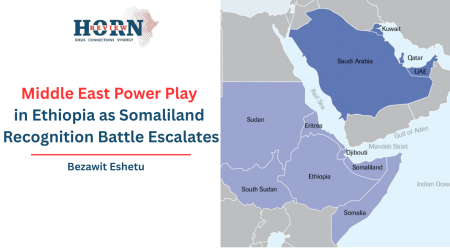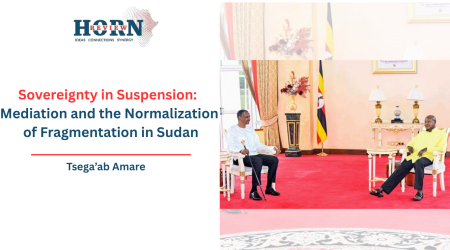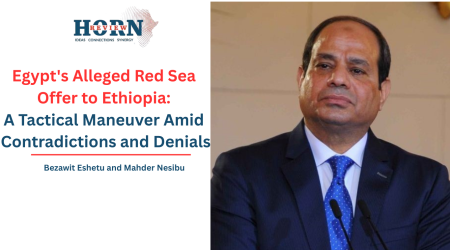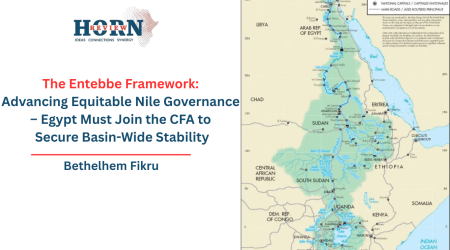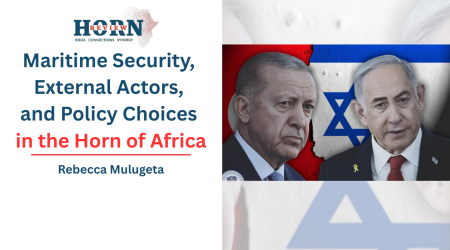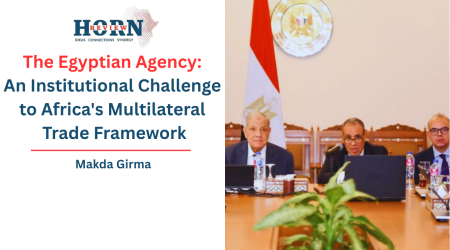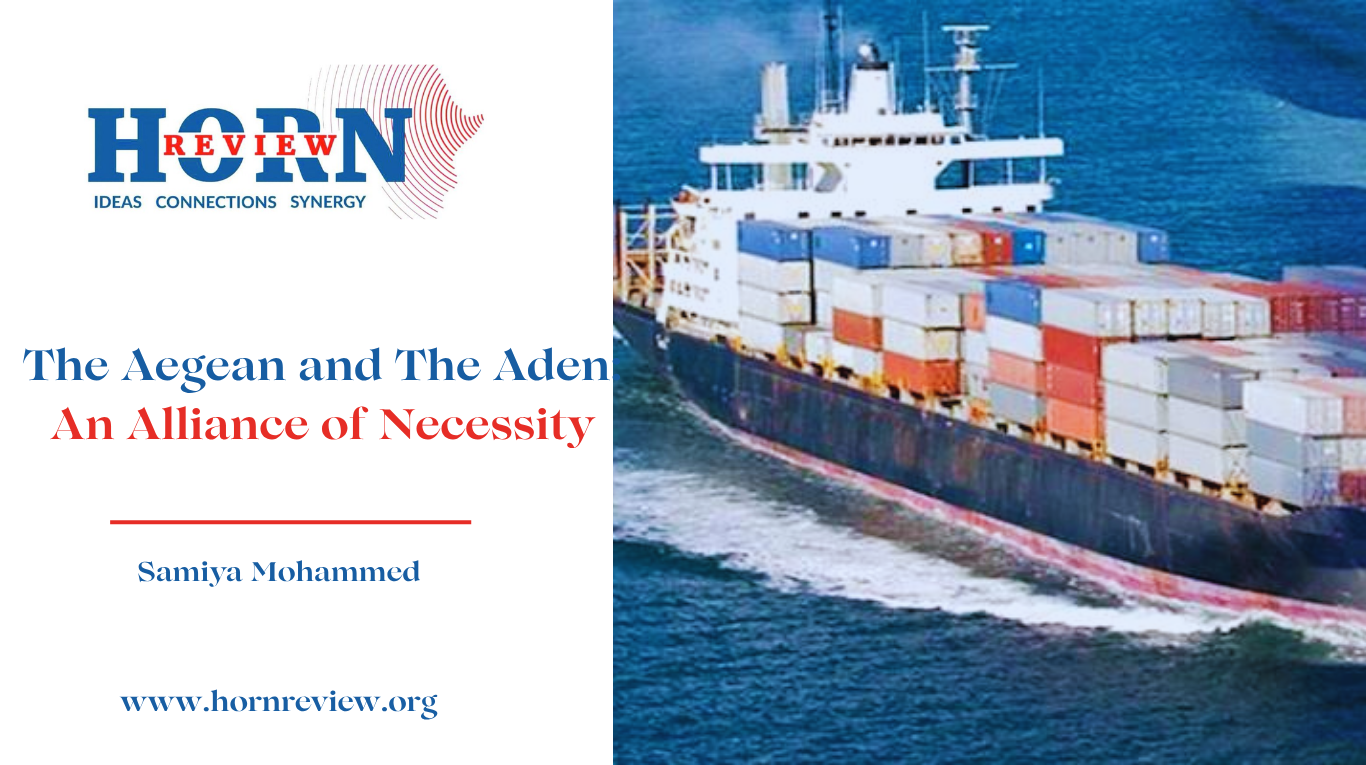
5
Nov
The Aegean and The Aden: An Alliance of Necessity
Greece’s recent diplomatic advances toward Somaliland must acknowledge the immediate Impetus of Houthi led maritime insecurity. However, a more comprehensive view shows that this tactical Ploy is deeply placed within a broader and time honored regional competition with Turkey. While the security of shipping lanes in the Red Sea provides the public and sensible justification, the strategic reasoning in Athens is undoubtedly influenced by a desire to counterbalance Ankara’s influence in the Horn of Africa. This alignment, therefore, represents a confluence of acute necessity and method of judging in geopolitical positioning.
The compulsory for action is undeniably severe. Greece’s economic foundation is linked to the maritime industry, possessing one of the world’s largest commercial fleets. The Houthi campaign of attacks against commercial vessels transiting the Bab el-Mandeb Strait has directly threatened this core national interest. The resulting surge in insurance premiums, forced rerouting and heightened risk to seafarers have created a tangible crisis. For the Greek government, securing alternative logistics place is a matter economic survival.
In this context, the Republic of Somaliland materializes as a geographically logical partner. The Port of Berbera, situated on the southern coast of the Gulf of Aden offers a strategic vantage point adjacent to the disrupted waterways.
For Greek shipping enterprises, access to Berbera provides a potential node for managing and transshipping cargo, thereby mitigating the risks associated with the primary Red Sea route. This functional need forms the primary layer of Greece’s interest, framing the engagement as a necessary contingency in the face of immediate threats.
Yet, to view this potential partnership solely through a logistical lens would be to ignore the convoluted geopolitical specific policy upon which it is being played. Turkey has over the past decade, executed a remarkably comprehensive and deep reaching strategy in the Horn of Africa, with Somalia as its primary partner. This engagement is multi-vector, encompassing the construction of Turkey’s largest overseas military base in Mogadishu, the training of thousands of Somali security personnel, significant economic investments, and even agreements on resource exploration.
This Turkish strategy has established a pronounced sphere of influence, directly challenging traditional actors and creating a strategic dilemma for nations like Greece, which finds itself in regional competition with Turkey. From Athens, Turkey’s deep presence in Somalia represents a potential for strategic encirclement, where a rival power can project influence and potentially leverage control over critical maritime. The geopolitical dimension thus becomes inescapable.
Greece’s outreach to Somaliland carries a dual character. On one hand, it is a direct response to the Houthi threat. On the other, it is a deliberate move to cultivate a relationship with a polity that exists in a tense,de facto state of opposition to the Federal Government of Somalia, Turkey’s primary ally in the region. By engaging with Hargeisa, Greece subtly challenges the Turkish backed political order in Mogadishu.
This is not to suggest that Greece is embarking on a neo colonial venture or possesses the capacity for an engagement as vast as Turkey’s. Its approach remains notably singular and focused on the maritime logistical domain. However, within this narrow focus lies a significant geopolitical subtext. Establishing a standing in Berbera, even for purely commercial security purposes, inserts Greece as a stakeholder in a region Turkey has sought to dominate.
The strategic value for Greece is therefore twofold. Firstly, it secures a tangible asset port access to protect its economic interests from non-state actors like the Houthis. Secondly, and perhaps more subtly, it disrupts the unimpeded growth of Turkish hegemony. It signals to Ankara that its regional ambitions will be met with countervailing partnerships, however nascent. This creates a balancing dynamic, a classic feature of realist international relations.
The language of necessity and shipping security employed by Greek officials is both genuine and strategically useful. It provides a defensible, non-confrontational rationale for an action that carries clear geopolitical implications. This allows Greece to advance its regional interests without escalating tensions into a direct and public confrontation with Turkey over African influence.
while the Houthi threat is the undeniable instigator, it would be an analytical oversight to disregard the Turkish factor. Greece’s potential alignment with Somaliland is a reactive policy shaped by immediate maritime insecurity, but it is simultaneously a proactive move within its enduring rivalry with Turkey. It demonstrates how acute functional needs can create openings for broader geopolitical repositioning. The partnership is not about securing a port.
By Samiya Mohammed, Researcher, Horn Review

